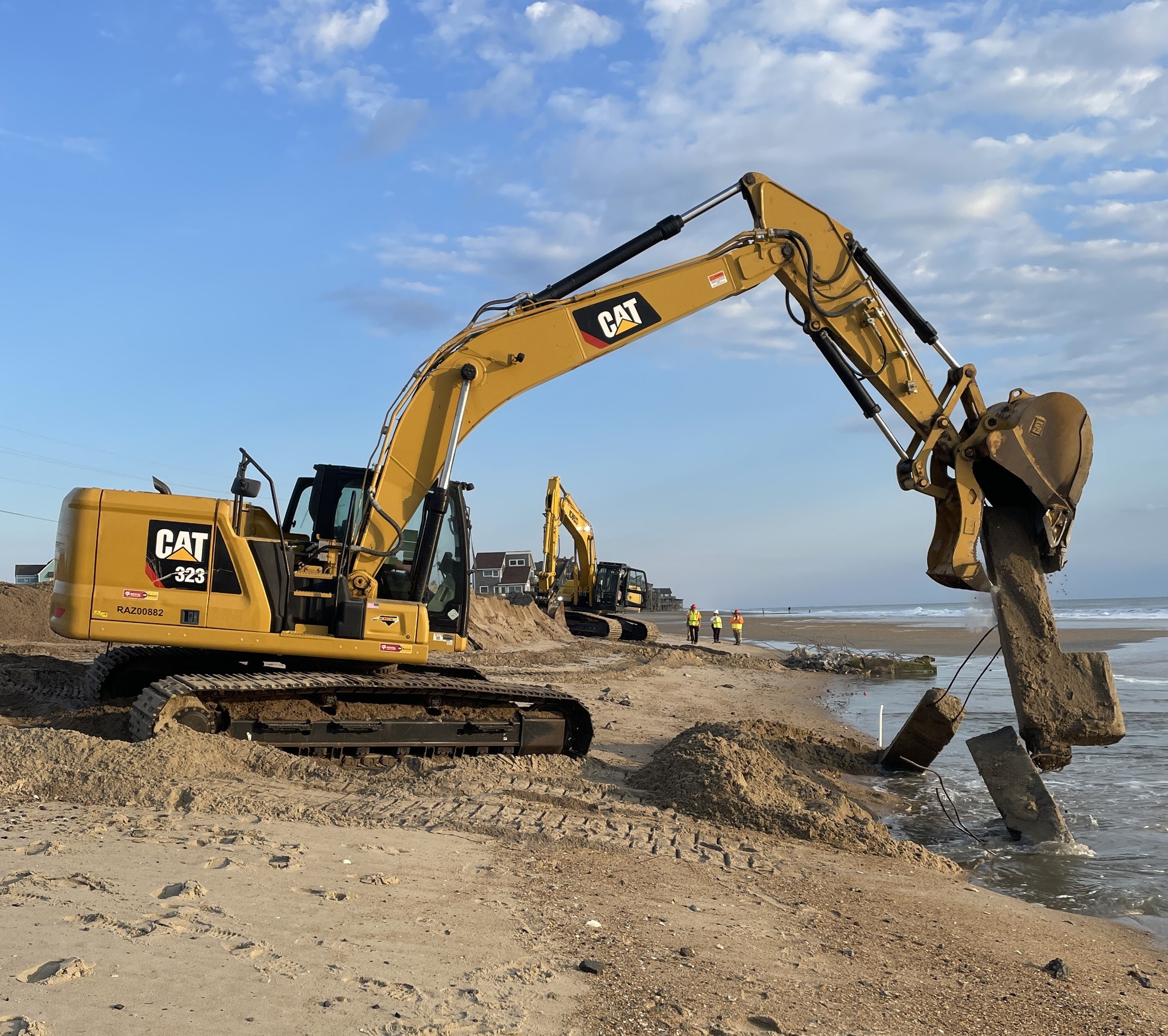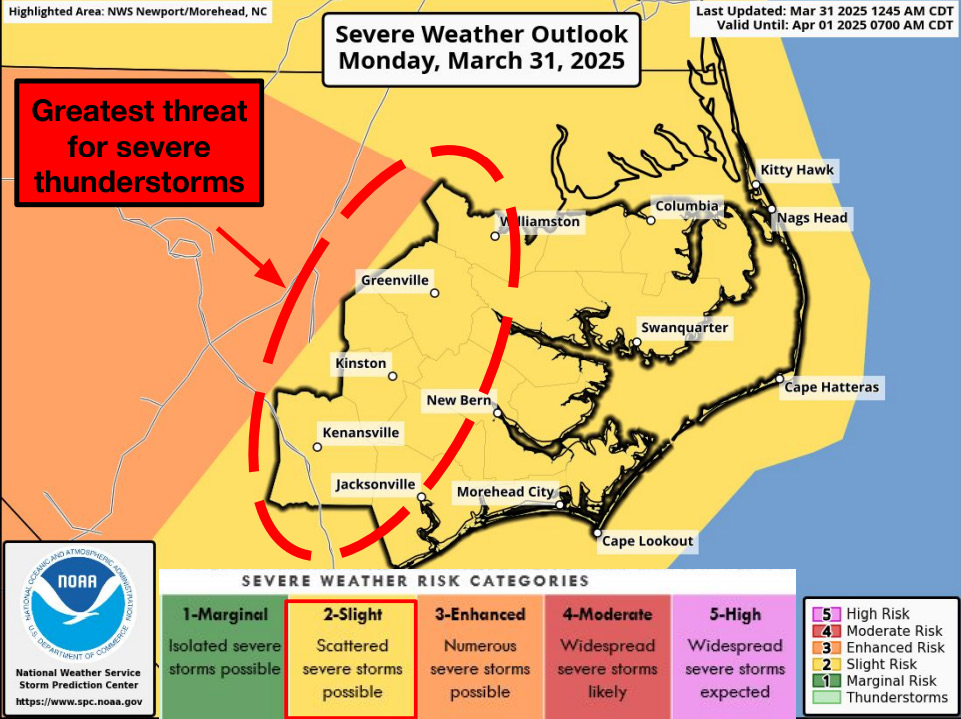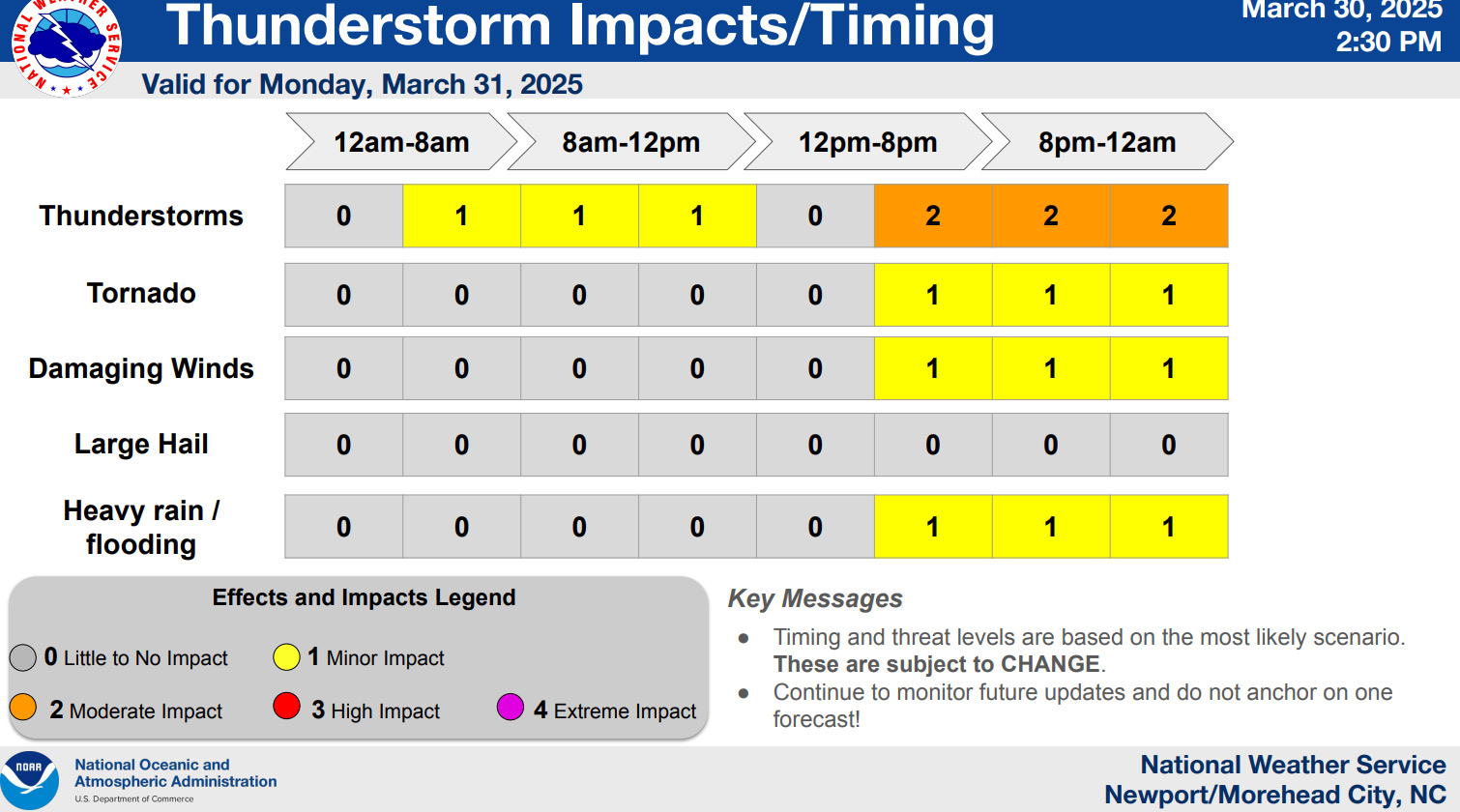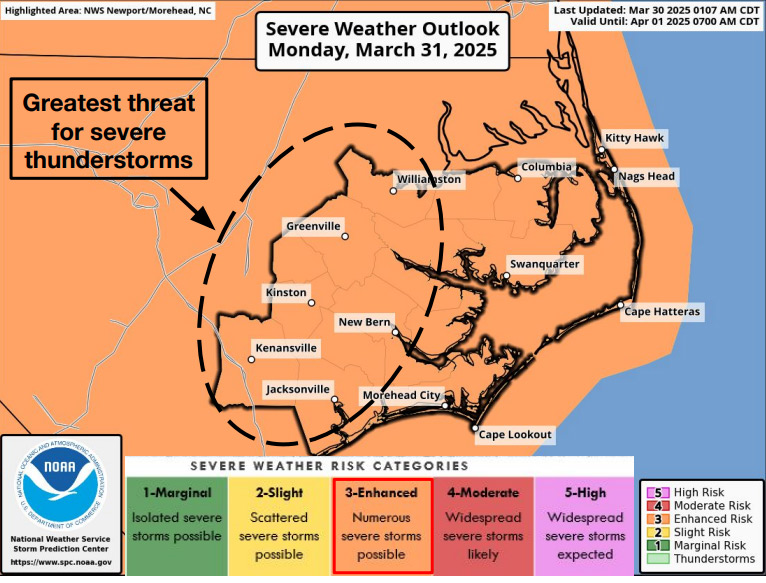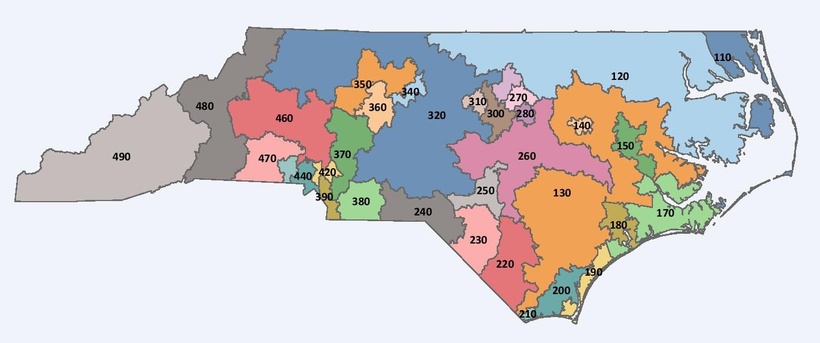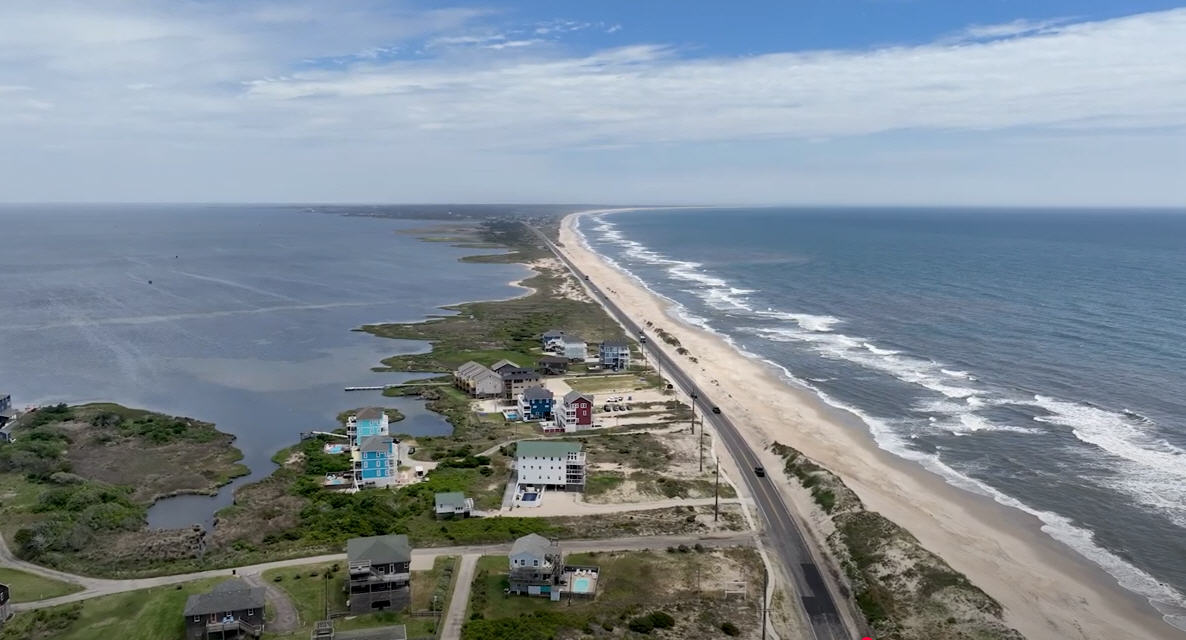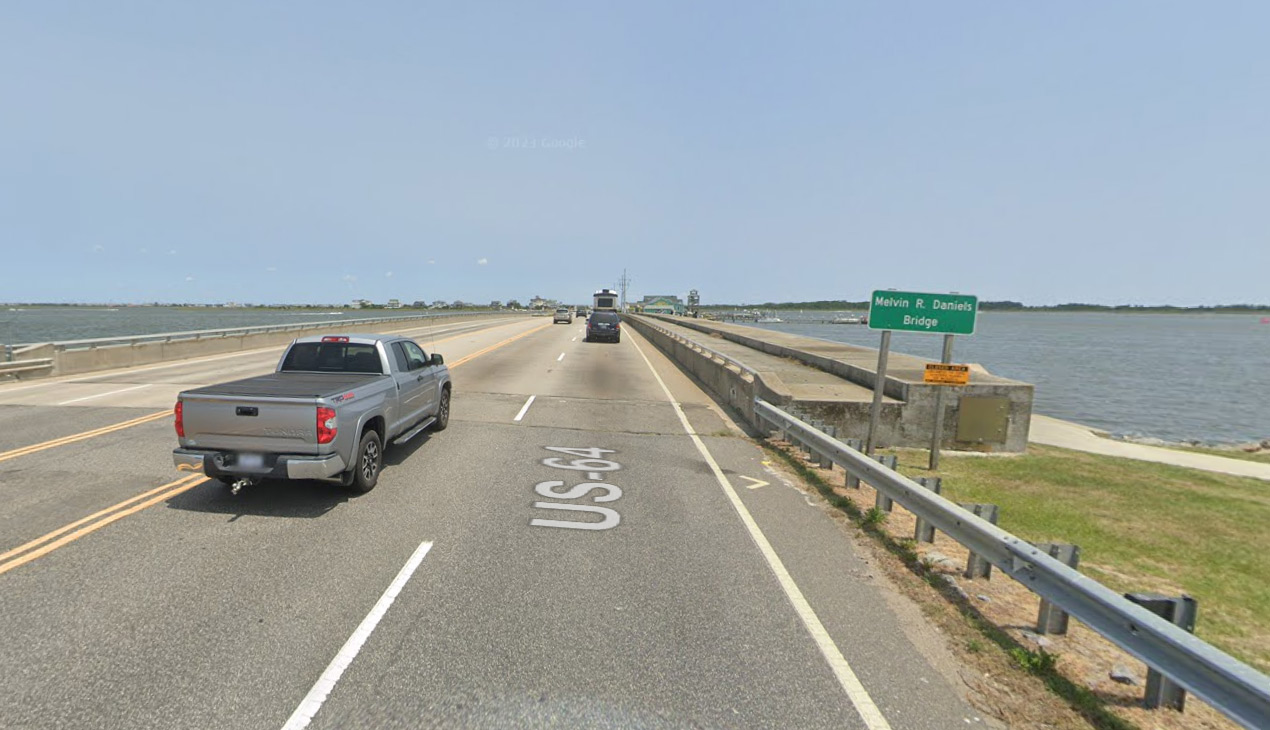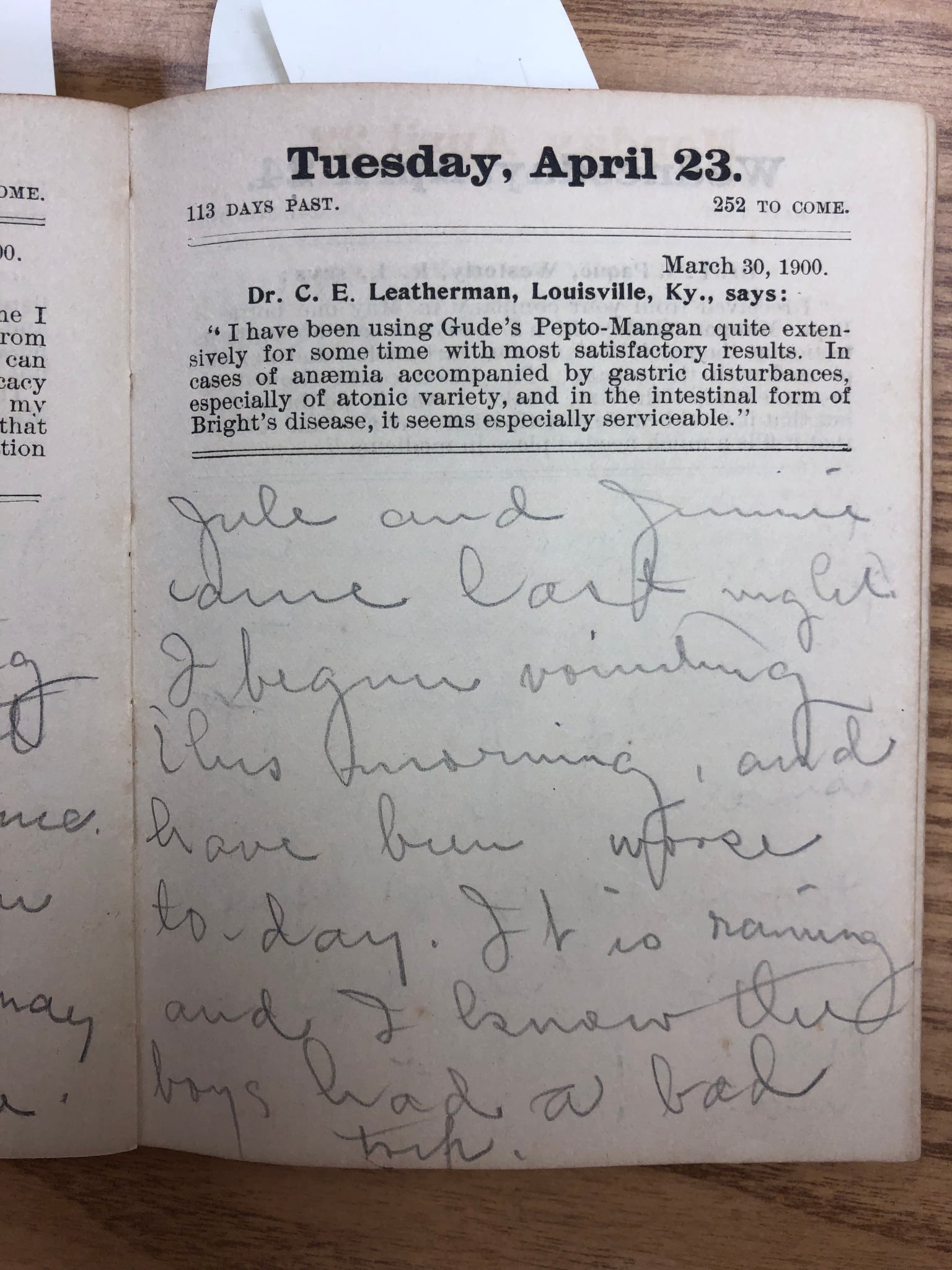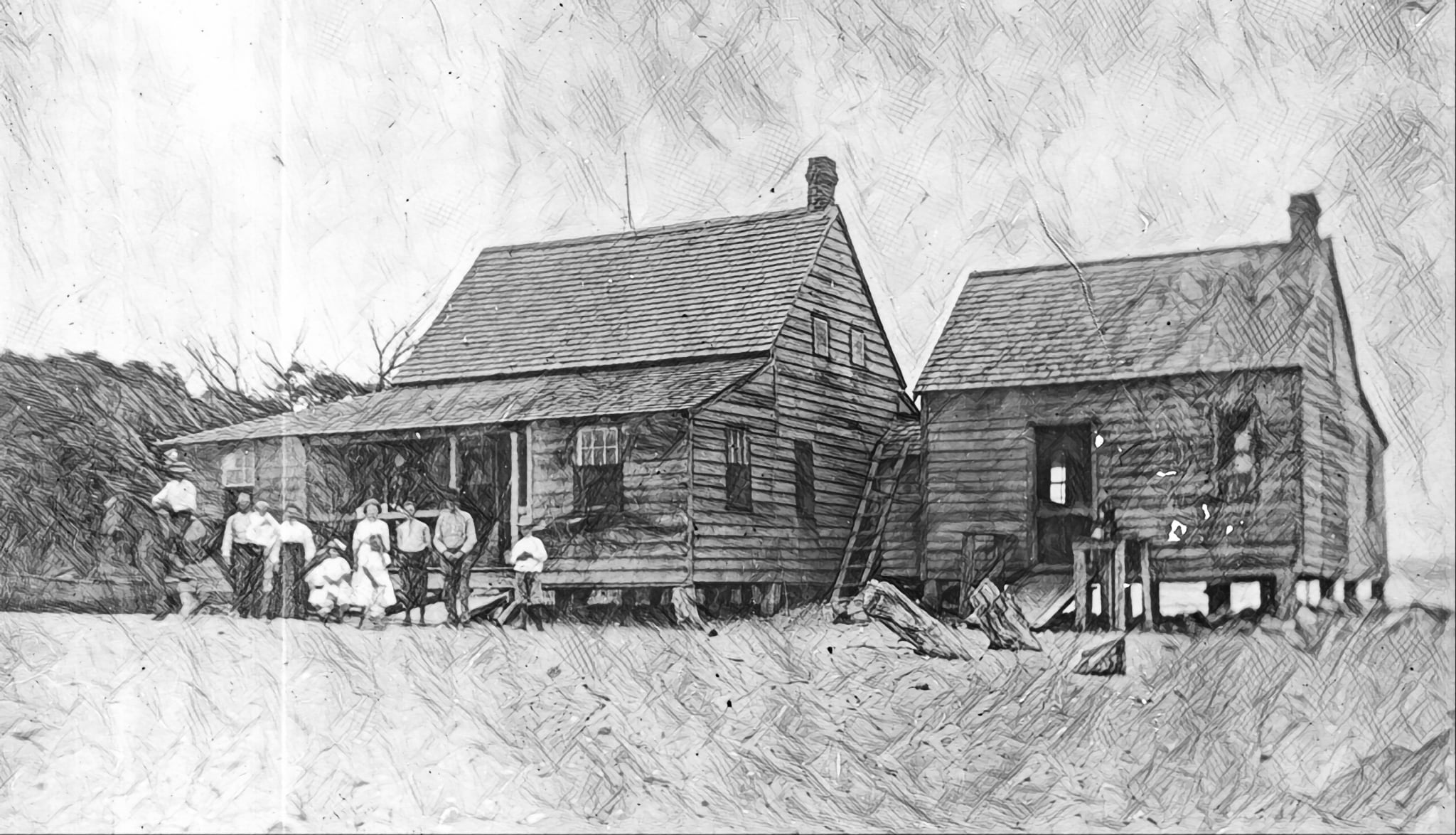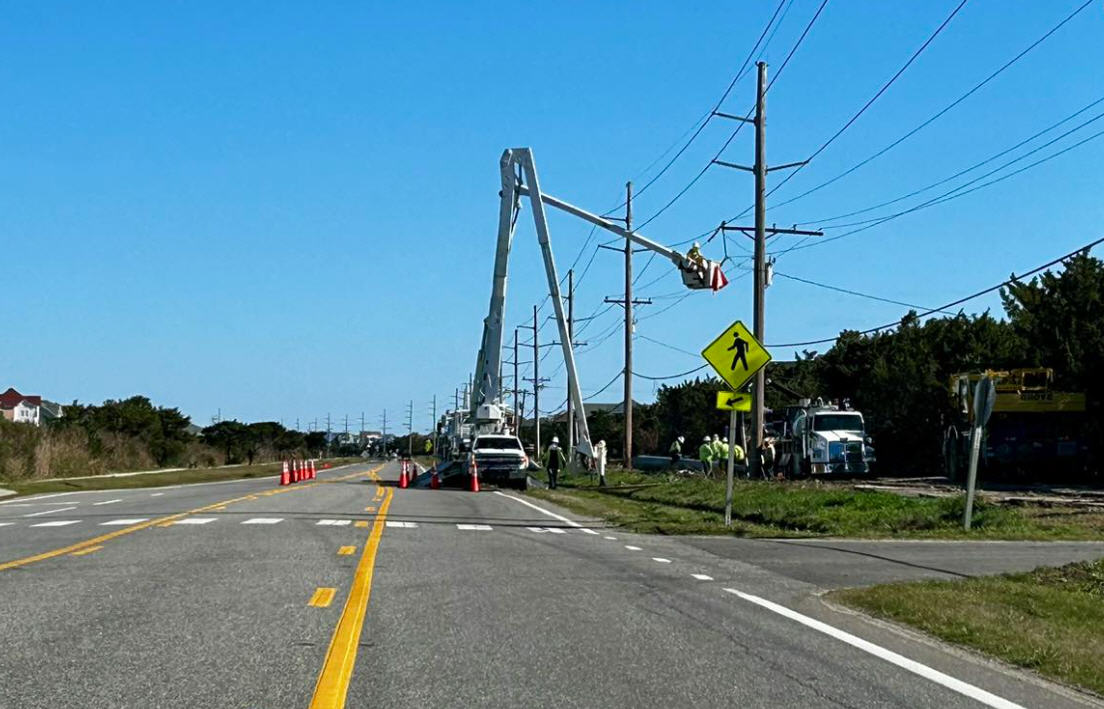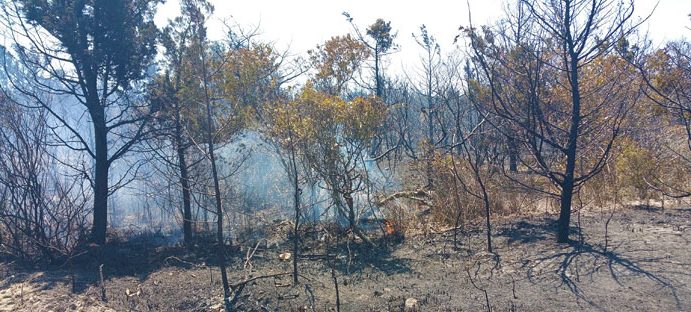Hatteras Island Rescue Squad Launches Rip Current Education Program for the Summer
The Hatteras Island Rescue Squad is bringing back their Rip Current Safety and Beach Hazards program for the summer of 2018, after a successful initial launch of the initiative in 2017.
The weekly program is an interactive class that provides information on rip current safety – both before and after a person may be caught up in the current. Taught by Hatteras Island Rescue Squad volunteer Jacob Bolden, the program had solid attendance last year, with both visitors and locals joining in the weekly sessions.
Rip Currents are a prevalent concern throughout the summer months all along the Outer Banks, and the Hatteras Island Rescue Squad dedicates a fair amount of their time addressing rip current calls year after year. “Most all water rescues are rip current or wind related,” said Chief Jack Scarborough of the Hatteras Island Rescue Squad.
The all-volunteer Hatteras Island Rescue Squad, (which patrols the southern Hatteras Island beaches), as well as the Chicamacomico Banks Water Rescue, (which patrols the northern island beaches), both do a lot of on-the-spot education for beachcombers who are about to wade into trouble. But the scheduled programs gives newcomers and longtime ocean swimmers alike an opportunity to dive deeper into the topic, without an impromptu conversation with a passing patrol on the beach.
The classes are held every Monday at 9:30 a.m. at the Hatteras Island Rescue Squad Station at 48103 N.C. Highway 12 in Buxton. No reservations are required, and folks of all ages are welcome to attend.
The Monday timeframe of the weekly program also gives newly arrived vacationers a chance to load up on their rip current knowledge, before they hit the beach all week long.
“The [program] helps assist people before they get into trouble, and if they do get in trouble, it [teaches them] how to stay safe,” said Chief Scarborough. “A rip current itself is easy to survive, as long as you know how to get out of them.”
For more information, as well as a regular reports on local rip current risks, visit https://www.facebook.com/HIRS35/.




